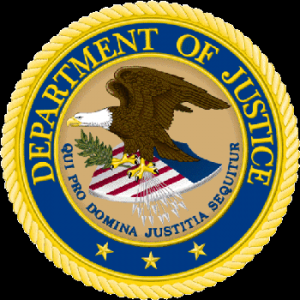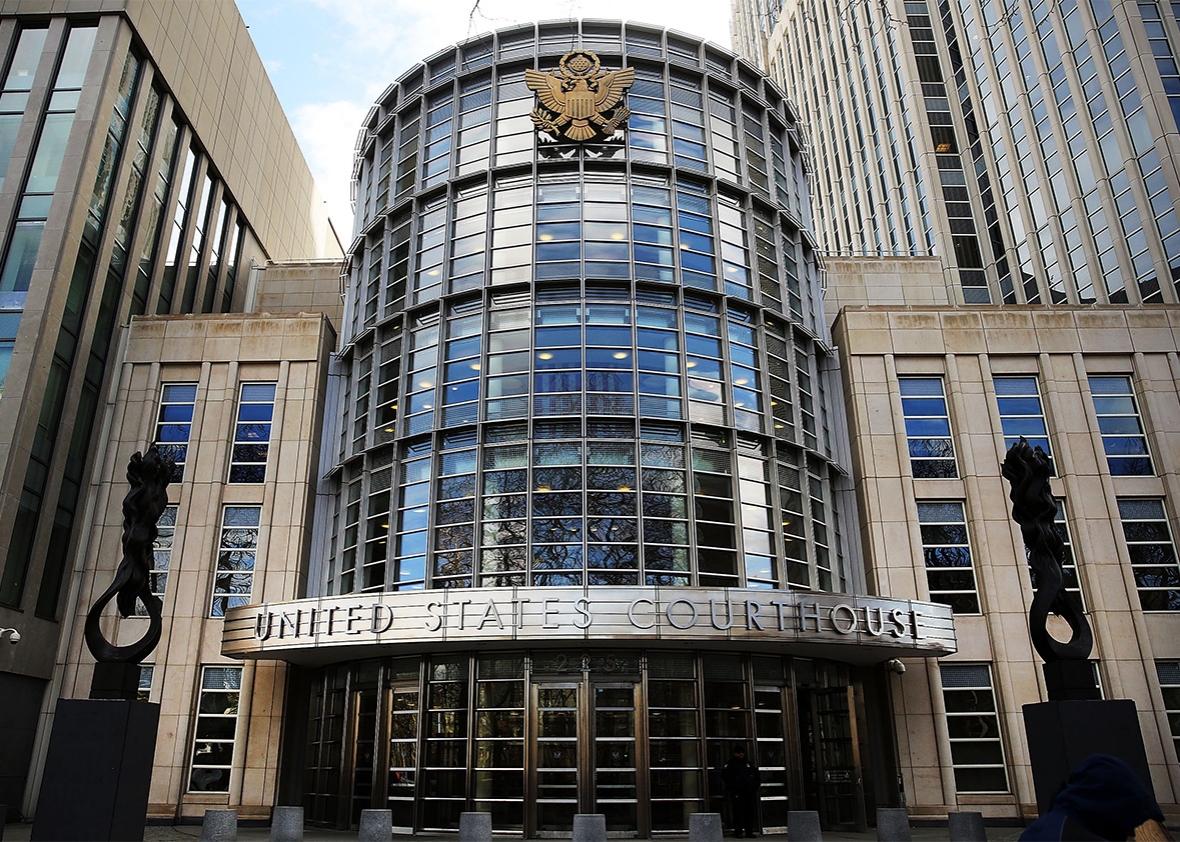NEW YORK
The Department of Justice announced Monday that AmerisourceBergen Corporation and its subsidiaries AmerisourceBergen Specialty Group (ABSG), AmerisourceBergen Drug Corporation (ABDC), Oncology Supply Company (OSC), and Medical Initiatives Inc. (MII) (collectively, “ABC”) have agreed to pay $625 million to resolve allegations arising from its operation of a facility.
Amerisource is accused of improperly repackaging oncology-supportive injectable drugs into pre-filled syringes and improperly distributed those syringes to physicians treating vulnerable cancer patients.
ABC is one of the nation’s largest wholesale drug companies and ranked number 11 on the Fortune 500 list.
The drugs involved in ABC’s scheme were Procrit, Aloxi, Kytril and its generic form granisetron, Anzemet, and Neupogen, according to authorities.
 Last year, AmerisourceBergen Specialty Group, a wholly-owned subsidiary of AmerisourceBergen Corporation, pled guilty to illegally distributing misbranded drugs.
Last year, AmerisourceBergen Specialty Group, a wholly-owned subsidiary of AmerisourceBergen Corporation, pled guilty to illegally distributing misbranded drugs.
Amerisource officials agreed to pay $260 million to resolve criminal liability for its distribution of these drugs from a facility that was not registered with the Food and Drug Administration or FDA.
The settlement announced today resolves ABC’s civil liability to the United States under the False Claims Act for causing false claims for the drugs it repackaged to be submitted to federal health care programs.
“The $885 million combined civil and criminal resolution with ABC underscores our determination to utilize all tools at our disposal to pursue illicit schemes that seek to profit from circumvention of important safeguards designed to protect the nation’s drug supply,” said Assistant Attorney General Joseph H. Hunt of the Department of Justice’s Civil Division.
 Federal prosecutors contend that ABC sought to profit from the excess drug product or “overfill” contained within the original FDA-approved sterile vials for these cancer supportive injectable drugs by establishing a pre-filled syringe program through a subsidiary that it claimed was a pharmacy.
Federal prosecutors contend that ABC sought to profit from the excess drug product or “overfill” contained within the original FDA-approved sterile vials for these cancer supportive injectable drugs by establishing a pre-filled syringe program through a subsidiary that it claimed was a pharmacy.
The federal government alleged that the “pharmacy” was a repackaging operation that created and shipped millions of pre-filled syringes to oncology practices for administration to cancer-stricken patients. As part of this operation, ABC purchased original vials from their respective manufacturers, broke their sterility, pooled the contents, and repackaged the drugs into pre-filled syringes.
Authorities alleged that ABC never submitted any safety, stability, or sterility data to the FDA to show that its operation ensured the safety and efficacy of the repackaged drug products. It further alleged that, at times, these pre-filled syringes were prepared in non-sterile conditions, contaminated with bacteria and other unknown particles, and lacked the required quality and purity.
In addition, by harvesting the overfill, ABC was able to create more doses than it bought from the original vial manufacturers.
The federal government alleged that ABC’s scheme enabled it to bill multiple health care providers for the same exact same vial of the drug, causing some of those providers to bill the Federal Health Care Programs for the same vial more than once.
The scheme also allegedly enabled ABC to increase its market share by offering various product discounts, which it leveraged to obtain new customers and to keep existing customers buying its entire portfolio of oncology drugs.
The settlement also resolves allegations that ABC gave kickbacks to physicians to induce them to purchase Procrit through the pre-filled syringe program.
The alleged kickbacks were in the form of general pharmacy credits provided to customers, but which were not identifiable as specific to Procrit on the invoice.
 Through these actions, the United States contended that ABC caused false claims to be submitted to the Centers for Medicare and Medicaid Services or CMS, the Department of Defense’s Defense Health Agency, which administers TRICARE, the Office of Personnel Management, which administers the Federal Employees Health Benefit Program, and the United States Department of Veterans Affairs (collectively, the “Federal Healthcare Payors”).
Through these actions, the United States contended that ABC caused false claims to be submitted to the Centers for Medicare and Medicaid Services or CMS, the Department of Defense’s Defense Health Agency, which administers TRICARE, the Office of Personnel Management, which administers the Federal Employees Health Benefit Program, and the United States Department of Veterans Affairs (collectively, the “Federal Healthcare Payors”).
Under the terms of today’s settlement, ABC will pay $581,809,006 plus accrued interest to the federal government and $43,190,994 plus accrued interest to state Medicaid programs.
“Drug companies such as ABC that seek to boost profits at the expense of cancer patients unnecessarily put the health and safety of this vulnerable population at risk,” stated HHS-OIG Special Agent-in-Charge Lampert. “Greed must never be a part of medical decision making. HHS-OIG, along with our law enforcement partners, is committed to protecting patient quality of care, and this settlement should serve as a warning to drug companies that are tempted to shortchange patient well-being.”
The settlement resolves allegations contained in three separate actions filed against ABC under the qui tam, or whistleblower, provisions of the False Claims Act. Under the act, private parties may sue on behalf of the government for false claims for government funds and to receive a share of any recovery. The relator share of the federal portion of the civil settlement will be $93,089,441.


